War Change

How does climate change impact national security ?
Climate change impacts national security in various ways, including economic disruption, social unrest, and political instability. To mitigate these effects, it is essential to take action at both the national and international levels, such as reducing greenhouse gas emissions, investing in renewable energy sources, and adapting to the inevitable changes brought about by climate change.

How does climate change contribute to the increase in refugees and displaced persons ?
Climate change is a global phenomenon that has far-reaching consequences, including its impact on human migration. The rise in temperatures, changes in precipitation patterns, and extreme weather events are some of the factors contributing to the increase in refugees and displaced persons. One of the most significant effects of climate change is sea level rise. As global temperatures continue to rise, glaciers and ice caps melt, causing oceans to expand. This expansion leads to flooding in coastal areas, forcing people to leave their homes and seek refuge elsewhere. For example, in low-lying island nations such as Tuvalu and Kiribati, rising sea levels have already caused significant damage to infrastructure and forced many residents to relocate. Climate change also contributes to an increase in extreme weather events such as hurricanes, typhoons, floods, and droughts. These events can cause widespread damage to homes, crops, and infrastructure, leaving people with no choice but to flee their communities. For instance, Hurricane Katrina displaced over 1 million people in New Orleans in 2005, while the Syrian civil war was partially triggered by a severe drought that lasted from 2006 to 2011. Climate change affects food security by altering growing seasons and reducing crop yields. As temperatures rise and rainfall patterns become more unpredictable, farmers struggle to grow enough food to feed their families and communities. This lack of food security can lead to conflict over resources and force people to leave their homes in search of sustenance. In Sub-Saharan Africa, where agriculture is a primary source of income for many households, climate change has already caused significant declines in crop yields and increased food prices. Finally, climate change poses health risks that can contribute to displacement. Changes in temperature and precipitation patterns can lead to the spread of diseases such as malaria and dengue fever, which are transmitted by mosquitoes that thrive in warmer climates. Additionally, air pollution caused by burning fossil fuels can exacerbate respiratory illnesses such as asthma and lung cancer, making it difficult for people to live in polluted areas. In conclusion, climate change is a complex issue that affects various aspects of human life, including migration. By contributing to sea level rise, extreme weather events, food insecurity, and health risks, climate change is driving more people from their homes than ever before. Addressing this issue requires global cooperation and action to reduce greenhouse gas emissions and adapt to the changing climate.
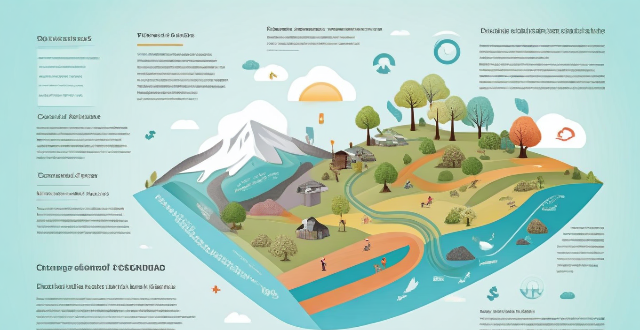
How does climate change affect education ?
Climate change impacts education through extreme weather events, health issues, food insecurity, economic challenges, social changes, and environmental degradation. These effects necessitate collaboration between educators and policymakers to develop resilient strategies for adapting to climate change.
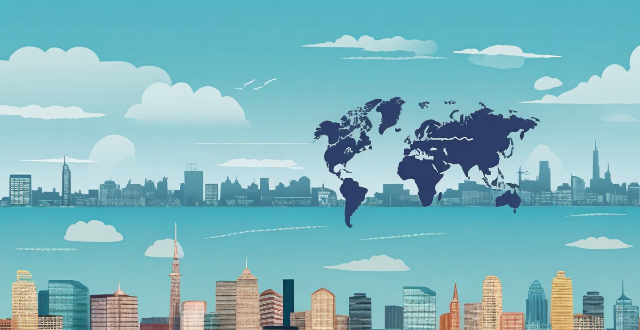
What are the psychological and social impacts of living in a world affected by global warming ?
Living in a world affected by global warming can have significant psychological and social impacts on individuals and communities, including increased stress and anxiety, changes in mood and emotional well-being, cognitive effects, changes in social dynamics, impacts on mental health services, and societal responses such as adaptation and collective action. These impacts highlight the urgent need for action to address climate change and support the well-being of those affected by its consequences.

How is climate change affecting global temperatures ?
Climate change, largely due to human activities like burning fossil fuels and deforestation, is causing a rise in global temperatures. This has led to more frequent and severe extreme weather events, melting ice caps, ocean warming and acidification, changes in precipitation patterns, impacts on biodiversity, and challenges for agriculture. The situation calls for immediate action to reduce greenhouse gas emissions and adapt to the changing climate.

How do climate skeptics refute the evidence of global warming ?
The text discusses the arguments put forward by climate skeptics and examines their validity in light of current scientific knowledge. The main points covered include: - Misinterpretation of data: Climate skeptics often misinterpret or selectively choose data to support their claims, focusing on short-term fluctuations rather than long-term trends. However, when all available data is considered, it becomes clear that global temperatures have been rising steadily over the past century. - Natural variability: Climate skeptics argue that natural factors such as changes in solar radiation or volcanic activity can explain the observed warming trend without human intervention. However, these factors cannot account for the rapid increase in temperatures seen over the past few decades, and even when included in models, human activities remain the primary driver of global warming. - Alternative explanations: Some climate skeptics propose alternative explanations for the observed warming trend, such as changes in ocean currents or atmospheric circulation patterns. However, these theories lack empirical evidence and fail to explain many of the observed changes in our climate system. - Economic motives: Some climate skeptics may have economic motives for their views, such as fossil fuel companies and other industries that rely on carbon-intensive practices. By casting doubt on the scientific consensus around global warming, these groups hope to delay action on climate change and preserve their profits. Overall, the text concludes that while there may be legitimate debates around specific aspects of climate science, the overwhelming majority of scientists agree that human activities are contributing to global warming. Climate skeptics' arguments do not hold up under scrutiny, and it is crucial that we continue to invest in research and take action to mitigate the effects of climate change before it is too late.

What are the potential long-term effects of global warming on ecosystems ?
Global warming, caused by greenhouse gases, can have severe impacts on ecosystems worldwide. Potential long-term effects include species extinction, changes in distribution and abundance of species, alteration of ecosystem functions, loss of habitat due to rising sea levels, and invasion of non-native species. These impacts underscore the need for action to mitigate climate change and protect ecosystems.

How has environmental legislation evolved over time ?
Environmental legislation has evolved over time, reflecting growing awareness of environmental issues. Early stages focused on preserving natural resources and conserving wildlife habitats, while post-World War II saw a shift towards pollution control through air and water quality regulations. The late 20th century introduced comprehensive environmental protection laws addressing multiple aspects of environmental degradation. Today's legislation prioritizes sustainable development and climate change mitigation, with a focus on public participation and transparency in decision-making processes.
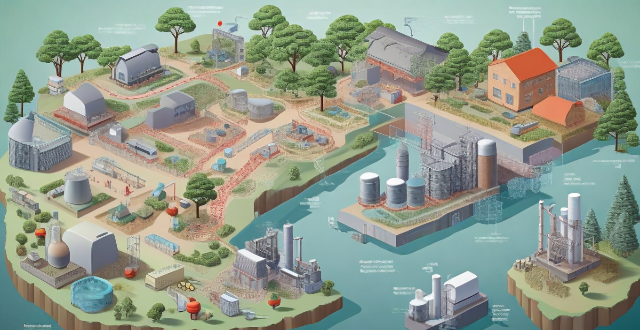
How is climate change affecting the insurance industry ?
Climate change is significantly impacting the insurance industry by increasing natural disasters, altering liability exposures, and prompting regulatory changes. Insurers must adapt to these challenges by updating risk assessment models, complying with new regulations, shifting investment portfolios towards sustainability, and innovating products. This adaptation is crucial for insurers' financial resilience and their role in aiding societal adaptation to climate change.

What are the potential risks of climate change for the insurance sector ?
Climate change poses significant threats to the insurance sector, including increased natural disasters, changes in liability exposures, property value fluctuations, and regulatory/legal changes. Insurers must adapt by assessing risks, updating policies, and collaborating with governments to create effective strategies.

What are some examples of how climate change has affected international security ?
Climate change has significant implications for international security, including resource scarcity and competition, displacement and migration, state fragility and failed states, environmental refugees, and national security threats. These challenges require global cooperation and strategic planning to mitigate their effects on international stability.

How does climate change impact social justice ?
Climate change has significant impacts on social justice, affecting marginalized communities, health outcomes, economic stability, migration patterns, and gender equality. Mitigation efforts to reduce greenhouse gas emissions and adaptation strategies to build resilience against the impacts of climate change are necessary to create a more equitable future for all.

What are the impacts of climate change on human health ?
Climate change affects human health in various ways, including increased heat-related illnesses, extreme weather events, changes in disease patterns, food and water security issues, and mental health impacts. It is important to take action to mitigate these effects and protect public health.

How can education help combat climate change ?
Education is a powerful tool in the fight against climate change by fostering awareness, promoting sustainable practices, stimulating innovation, and shaping policy. It empowers individuals to make informed decisions and advocate for environmental protection through comprehensive science education, applied learning experiences, interdisciplinary research, and civic engagement. By integrating sustainability into curricula and encouraging global perspectives, education prepares future generations to tackle the complex challenges of climate change effectively.

How does climate change affect consumer behavior ?
Climate change is affecting consumer behavior by increasing environmental awareness, changing shopping habits, driving a shift towards green energy, promoting sustainable food choices, and inspiring advocacy and activism. As consumers become more conscious of their impact on the environment, they are making changes in their purchasing habits to reduce their carbon footprint. Businesses that prioritize sustainability will be better positioned to succeed as consumers continue to make eco-friendly choices.
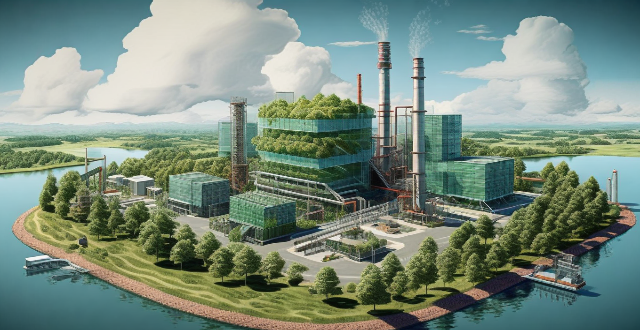
How effective has the United Nations Framework Convention on Climate Change (UNFCCC) been in addressing global climate change ?
The United Nations Framework Convention on Climate Change (UNFCCC) is a global treaty adopted in 1992 to stabilize greenhouse gas concentrations and prevent dangerous interference with the climate system. While it has achieved some successes, such as promoting international cooperation and establishing mechanisms for climate finance and technology transfer, its effectiveness has been limited by factors like lack of compliance and political will. To make a significant impact on global climate change, stronger commitment and concrete actions from all parties involved are necessary.
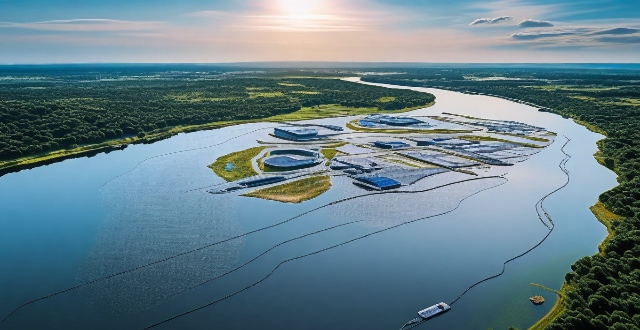
How does climate change affect water resources and availability ?
Climate change affects water resources and availability through melting glaciers, changes in precipitation patterns, sea level rise, increased evaporation rates, and impacts on ecosystems. These impacts can lead to water scarcity, flooding, contamination of freshwater sources, and declines in biodiversity. To mitigate these effects, it is important to reduce greenhouse gas emissions and implement adaptation strategies such as improved water management and conservation measures.
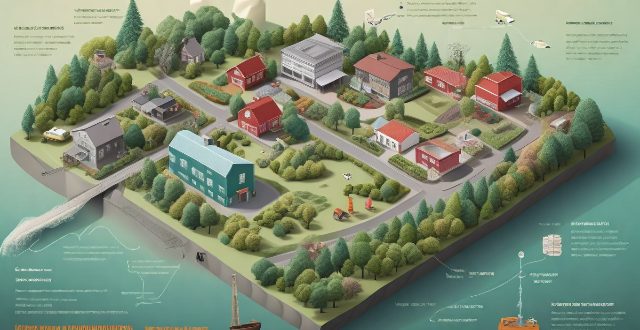
What is the impact of climate change on the global economy ?
Climate change affects the global economy in various ways, including reduced crop yields, water scarcity, forest fires, changes in energy production, human health issues, displacement and migration, and insurance and financial risks. Addressing climate change is crucial for both environmental and economic reasons.

How can climate resilience help mitigate the impacts of climate change ?
Climate resilience is a crucial strategy for mitigating the effects of climate change. It involves reducing vulnerability, enhancing adaptive capacity, promoting sustainable development practices, and fostering social cohesion. By implementing these strategies, communities can become more resilient and better able to cope with the impacts of climate change.

In what ways does climate change exacerbate existing food insecurity issues ?
Climate change exacerbates food insecurity by causing unpredictable weather, altering crop yields, increasing pest and disease outbreaks, contributing to biodiversity loss, and impacting fisheries. Addressing these challenges requires a comprehensive approach that includes adaptation strategies, sustainable agriculture practices, and efforts to mitigate the effects of climate change.
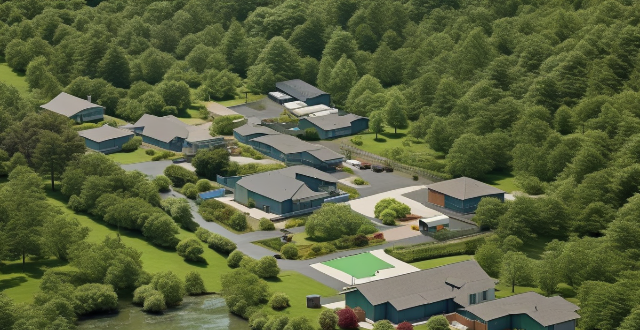
What are the key provisions of the latest climate change legislation ?
The latest climate change legislation is a comprehensive package of measures aimed at addressing the challenges posed by global warming and climate change. The key provisions include reduction of greenhouse gas emissions, adaptation to climate change impacts, international cooperation and leadership, just transition for workers and communities, and transparency and accountability.
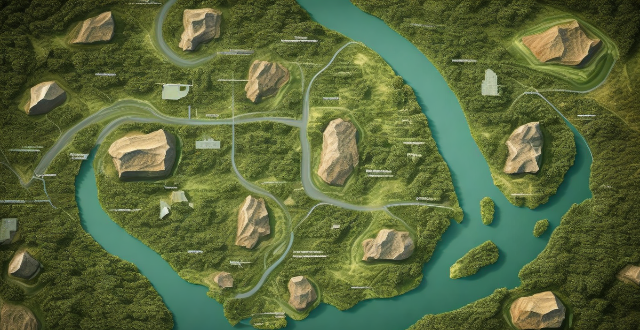
Can climate change cause extinction of certain species ?
Climate change has the potential to cause the extinction of certain species through a variety of mechanisms including rising temperatures, changes in precipitation patterns, loss of habitat, and disruption of food webs. It is essential that we take action to mitigate the effects of climate change and protect vulnerable species before it's too late.